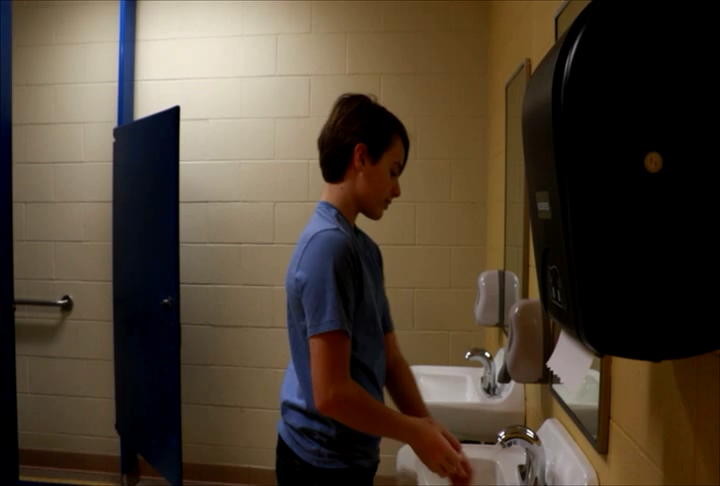
Introduction
Handwashing is a critical skill for maintaining personal hygiene and promoting social-emotional well-being. It is essential for Kindergarten students to learn the importance of handwashing, as it not only keeps them healthy but also helps them build positive social relationships. This blog post will discuss the importance of handwashing in the context of social-emotional learning, provide a no-prep activity for educators, offer discussion questions, and suggest related skills that can be further developed in young students.
No-Prep Activity
This no-prep activity, called “Germs Away,” requires no materials or preparation from the educator. Start by having the students stand in a circle. Explain that the goal of the activity is to prevent the spread of germs by pretending to wash their hands. One student will start by pretending to have germs on their hands. They will then pass the “germs” to the student next to them by mimicking handwashing actions. The next student will then pretend to wash their hands and pass the “germs” along. The activity continues until the “germs” have been passed around the entire circle, and every student has practiced proper handwashing techniques.
Discussion Questions
- Why is it important to wash our hands after blowing our nose, using the bathroom, and before eating?
- How do you think other people feel when they see someone not washing their hands?
- What are some other situations where handwashing is essential for maintaining good health and positive social interactions?
- How can we remind ourselves and others to wash our hands regularly?
- What are some ways we can make handwashing fun and enjoyable for everyone?
Related Skills
Developing good handwashing habits is just one aspect of social-emotional learning for Kindergarten students. Here are some other related skills that can be nurtured in young learners:
- Personal Hygiene: Encourage students to maintain overall personal cleanliness, such as brushing teeth, bathing, and wearing clean clothes.
- Self-Awareness: Teach students to recognize and understand their feelings, needs, and emotions and how these can impact their interactions with others.
- Respecting Others: Help students understand the importance of respecting other people’s personal space, belongings, and feelings.
- Communication Skills: Develop students’ abilities to express their thoughts and feelings effectively and listen to others attentively.
- Responsibility: Encourage students to take responsibility for their actions and learn from their mistakes.
Next Steps
If you’re interested in exploring more social-emotional learning activities and resources for Kindergarten students, we encourage you to sign up for free sample materials at EveryDaySpeech. These resources will provide you with a variety of tools and materials to help you nurture essential social-emotional skills in your young learners.

